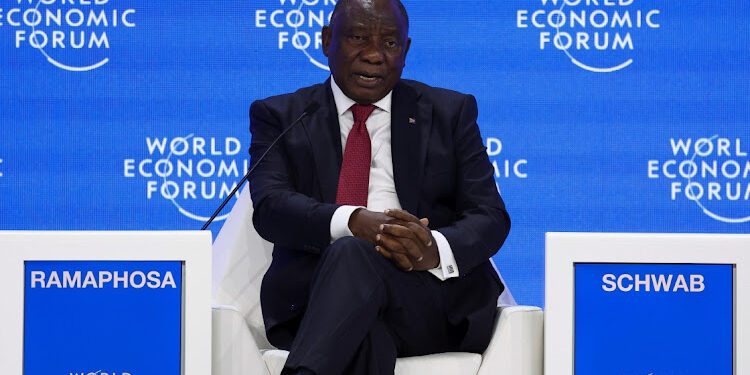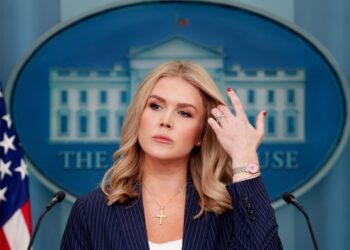By Ebi Kesiena
South Africa’s unity government is facing a major political and legal test as the Democratic Alliance (DA) heads to court to challenge a proposed increase in Value Added Tax (VAT), which is set to take effect on May 1.
The proposed 0.5% hike would raise the VAT rate from 15% to 15.5%, drawing sharp criticism from opposition parties and civil society who argue it will disproportionately impact the country’s poor and working-class population.
The DA, now part of the government following last year’s historic election that saw the African National Congress (ANC) lose its parliamentary majority for the first time in three decades, says it cannot support the increase. According to the party, the VAT hike would worsen the burden on millions of South Africans already struggling with high costs of living, inflation, and widespread unemployment.
“This VAT increase is anti-poor and indefensible,” the DA said in a statement filed with the court. “It will place an even greater strain on low-income households who are already battling to afford basic goods and services.”
The South African government, however, insists the increase is a fiscal necessity. Officials argue it will generate more than R15 billion in annual revenue, critical funds that will go toward plugging a R13.5 billion budget shortfall and financing essential public services such as health care, education, and social development.
Treasury spokesperson Mfuneko Gwala defended the measure, noting that the government had few alternatives. “We understand the concerns, but without this adjustment, we risk compromising the delivery of services to the most vulnerable. These funds are necessary to sustain the country’s safety net,” he said.
But critics remain unconvinced. With more than 20 million South Africans currently reliant on welfare grants and the unemployment rate lingering above 32%, many argue that raising VAT, especially on essentials like food and electricity, will deepen poverty and inequality.
“This move shows a lack of imagination and compassion,” said Zanele Khumalo, a Johannesburg-based social justice advocate. “If the government needs more revenue, it should consider more progressive taxation measures—targeting the wealthy, not the poor.”
The VAT controversy is the latest source of tension within South Africa’s fragile unity government, formed after a bruising 2024 election forced the ANC into a coalition with former opposition parties. The DA’s opposition to the VAT hike highlights growing rifts between the coalition partners, who remain divided on several key policy issues including land reform, foreign policy, and public service wage bills.
Meanwhile, Political analyst Thabo Mokoena says the dispute underscores the inherent instability in the power-sharing arrangement.
“This is a government trying to walk a tightrope—balancing economic recovery with social justice, but the coalition dynamics are making it even harder, the VAT debate is not just about tax. It’s about whose interests this government truly represents.” he said.
The case is expected to move quickly through the courts, as the May 1 implementation date looms. If the DA’s legal challenge succeeds, it could force the government to revisit its budget strategy and consider alternative revenue-raising measures.




































